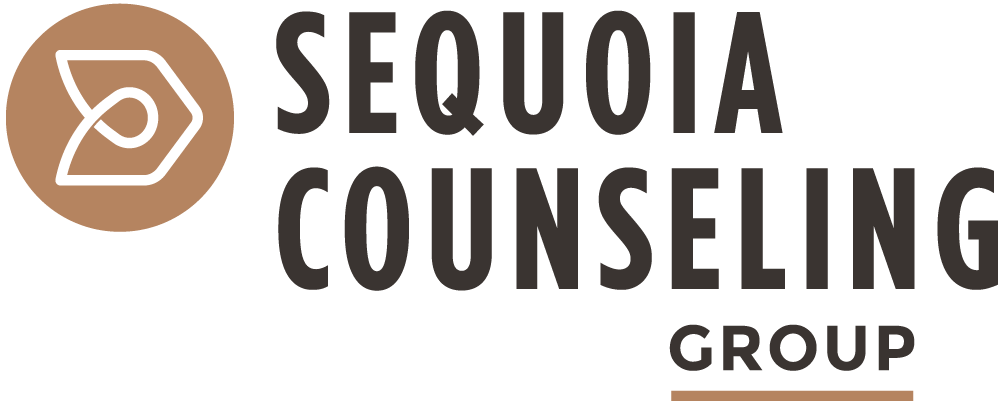
COGNITIVE BEHAVIORAL THERAPY | OFFICES IN SAN FRANCISCO + LAS VEGAS + VIRGINIA
Cognitive Behavior Therapy (“CBT”) is one of the most comprehensively researched counseling approaches to treating a lot of different types of issues and mental health disorders.
Some of the most researched emotional issues and mental health disorders that have been researched include anxiety, depression, obsessive-compulsive disorder (“OCD”), panic attacks, social anxiety, generalized anxiety, and low self-esteem. CBT can also help in other aspects of our lives, including stress management, career indecision, and simply feeling more confident and productive.
What is Cognitive Behavior Therapy?
CBT is typically a time-limited approach focusing on how your behavior and thinking influence your feelings and emotions. In other words, HOW you think and behave is the key to changing HOW you feel.
In many cases, clients are not even aware they have developed habitual or even automatic negative thinking patterns and behaviors. As you become aware and learn how to identify, evaluate, and replace these automatic negative thought patterns and behaviors, your emotional reasoning and reactions become more manageable.

How CBT works:
Many of the treatment protocols we utilize are structured sequentially, giving you specific tools and strategies. You can expect your counselor to be a teacher, coach, and counselor at different times as you learn about CBT.
Even while there are clear protocols and interventions, the exact structure and approach has to be adjusted and tailored from person to person.
CBT approaches generally focus on the following:
Introduction about CBT and how it relates to various issues and concerns. Your counselor will spend some time going over the main points of CBT and how it can explain what you are going through…and, more importantly, a way to feel better.
Identify emotionally challenging emotions or situations. Typically, clients have a few areas of their lives they want to change (if you do not, that is ok as well!). For example, you may be feeling very anxious about your life in general, suffering from a mental illness, having difficulty with a relationship, very stressed out with your career, or an unclear life transition.
Discover, explore, and become aware of your negative thoughts, emotions, and behaviors about these problems. Once you identify several problems you want to work on, you will work with your counselor to identify various thoughts and feelings that are connected to them. This can sometimes take a few sessions, though you may already have an understanding as well. We meet you where you are.
Identify negative thinking, all-or-nothing thinking, and cognitive distortions. Cognitive distortions are dysfunctional patterns of thinking that are untrue and cause us emotional harm. As we confront and replace our cognitive distortions with more rational and realistic thoughts, a lot of our negative emotions decrease in intensity. Your counselor will help you become aware of these different patterns and help you challenge and process them. (We’ve published a few articles that discuss Cognitive Distortions and Maladaptive Thinking Patterns. You can explore them here.)
Increase healthier thoughts and behaviors. This can be a challenging part of CBT as, in many cases, clients have been thinking negatively for a long time. With time and effort, however, you can feel better. Working closely with your counselor during this time about any discouragement you may have. Remember, if you have been thinking one way for a long time, it can take some work to move to a new way of thinking..even if it’s healthier.
If you want personalized support for how to work through negative thinking or other challenges, book your free consult with us.
We are here to help.



